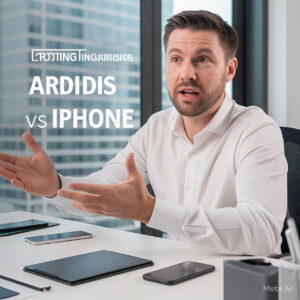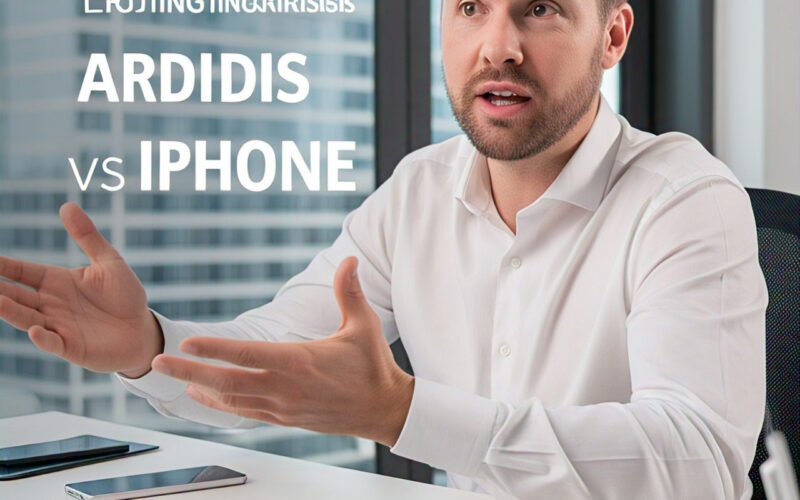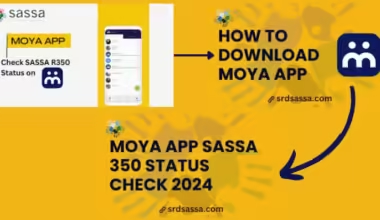
Choosing between Android and iPhone can be challenging, especially with both platforms offering powerful features, sleek designs, and cutting-edge technology. Whether you’re upgrading your phone or buying your first smartphone, understanding the key differences can help you make an informed decision.
In this blog post, we’ll break down the essential differences between Android and iPhone and share expert tips to help you choose the right smartphone for your needs.
1. Operating System and Customization
Android:
Android phones run on Google’s open-source operating system, which gives users a high level of customization. You can change launchers, icons, widgets, and more to personalize your device.
iPhone:
Apple’s iOS is a more closed system, focused on simplicity and security. While it may not offer the same level of customization, it delivers a clean, user-friendly experience with regular updates.
Expert Tip:
If you love tweaking settings and personalizing your phone, Android is ideal. If you prefer a seamless, consistent experience, iPhone may be better.
2. App Store and Software Updates
Android:
Apps are available through the Google Play Store. While Android offers more apps and flexibility, not all devices receive timely software updates.
iPhone:
iPhones benefit from the Apple App Store, known for its quality control. iOS devices receive regular, system-wide updates for years.
Expert Tip:
If long-term software support is important, iPhone takes the lead. Android is great for those who want more variety in apps and devices.
3. Device Variety and Pricing
Android:
Available from many manufacturers like Samsung, Google, Tecno, and Infinix, Android phones come in all price ranges—from budget to premium.
iPhone:
Apple releases only a few models each year, mostly targeting the premium market. Even older iPhones tend to retain higher resale value.
Expert Tip:
If you’re looking for affordability or more hardware options, Android is your go-to. For a luxury smartphone experience with strong brand value, consider iPhone.
4. Camera and Multimedia Experience
Android:
Flagship Android phones like the Samsung Galaxy S24 Ultra offer advanced camera features, large displays, and high refresh rates—great for photography and gaming.
iPhone:
iPhones are known for their consistent camera quality, video recording, and optimized multimedia experience, especially with apps like iMovie and Final Cut.
Expert Tip:
If video content creation is your focus, iPhone excels. Android offers diverse camera hardware with advanced features for photography lovers.
5. Ecosystem and Compatibility
Android:
Android integrates well with Google services and offers more flexibility in connecting to different devices.
iPhone:
Apple’s ecosystem (iCloud, MacBook, Apple Watch, AirPods) offers seamless syncing and continuity between devices.
Expert Tip:
Choose iPhone if you already use other Apple products. Android is perfect for users who want flexibility across various brands.
Conclusion
There’s no one-size-fits-all answer when it comes to Android vs. iPhone. Both platforms have their strengths, and the best choice depends on your preferences, budget, and lifestyle.
-
Want full control and a range of options? Go with Android.
-
Prefer a smooth, secure, and polished experience? Choose iPhone.
Whichever you choose, you’re in for a powerful smartphone experience. Don’t forget to compare specific models and read user reviews before making your final decision.






